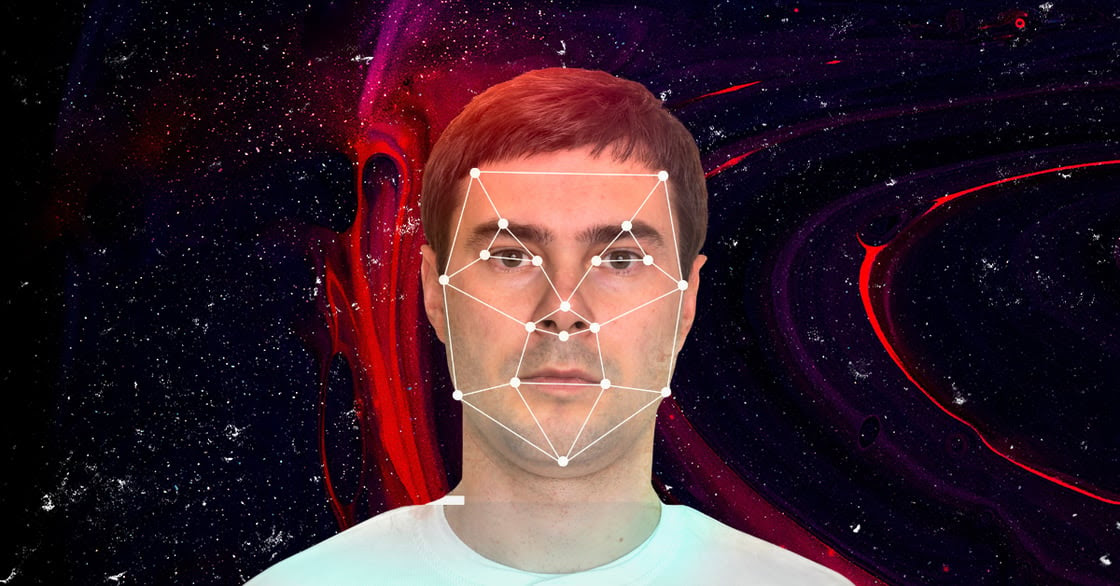Bad news for anyone who likes their personal life private: apps designed to catch cheaters are using facial recognition tech to surface dating profiles.
Such apps may appeal to paranoid partners or spouses, but data privacy experts are definitely not fans, while other companies are offering solutions for people who don’t want their faces scanned.
How it works
Apps like Cheaterbuster and CheatEye, marketed through platforms like TikTok, charge a fee to try to match a user-supplied photo of someone’s face to their potential dating profiles on apps like Tinder. 404 Media’s test of such apps found them to be accurate.
While you may not feel bad for an attempted cheater, these apps provide no context as to why someone might have a profile — maybe they forgot to deactivate it, or are the victim of a catfisher — and can be used by anyone, including stalkers, scammers, or other bad actors. They can also turn up inaccurate results, resulting in unnecessary drama.
Beyond that, they’re a privacy nightmare. Tech advisor Mark Weinstein told The Verge these apps are “really just vigilante surveillance,” data mining and building databases of profiles — which also typically contain names, ages, locations, and other info — without consent.
Meanwhile…
… online glasses retailer Zenni has begun selling a new lens coating designed to reflect infrared light and block some facial recognition cameras. 404 Media also tested these lenses and found you couldn’t open an iPhone while wearing them, but they didn’t work across all cameras or in all types of light.
Trying to beat surveillance systems isn’t a new endeavor. Activists have used makeup and companies have released anti-facial recognition clothing, including one Italian startup that sold a sweater designed to trick cameras into thinking the wearer was a giraffe.
Yet most people are probably going to upload very ordinary photos of themselves to dating apps, LinkedIn, and social media, so they’re not likely to thwart the cheating apps.
Legislation making such apps illegal could. Weinstein told The Verge that they would violate the EU’s data protection policies, but US law has no such federal protections, though efforts are underway.
We could also just all agree to not use invasive apps, but it seems like that ship has already sailed.
